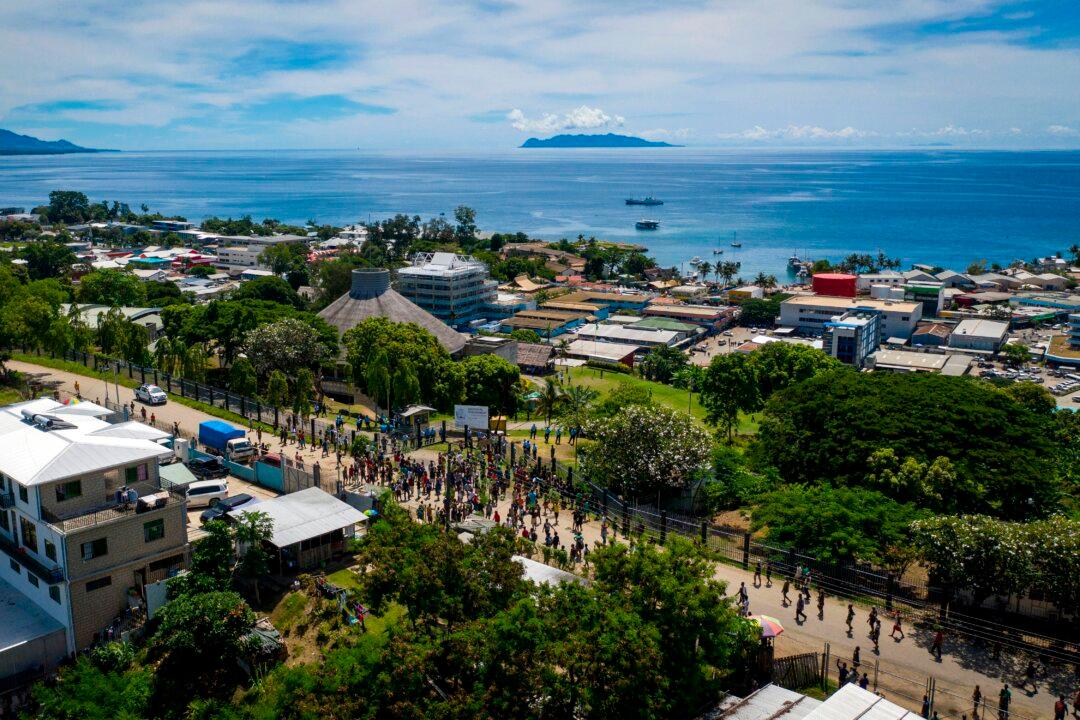An official document has been leaked revealing that Beijing intends to establish a military presence in the Solomon Islands, despite denials from the Chinese Foreign Ministry, which on April 1 called such concerns “groundless and ill-intentioned.”
The leaked letter of intent from Avic International Project Engineering Co., a Beijing-based state-owned aviation company, was addressed to Premier Leslie Kikolo of Isabel Province in the Solomon Islands on Sept. 29, 2020.





